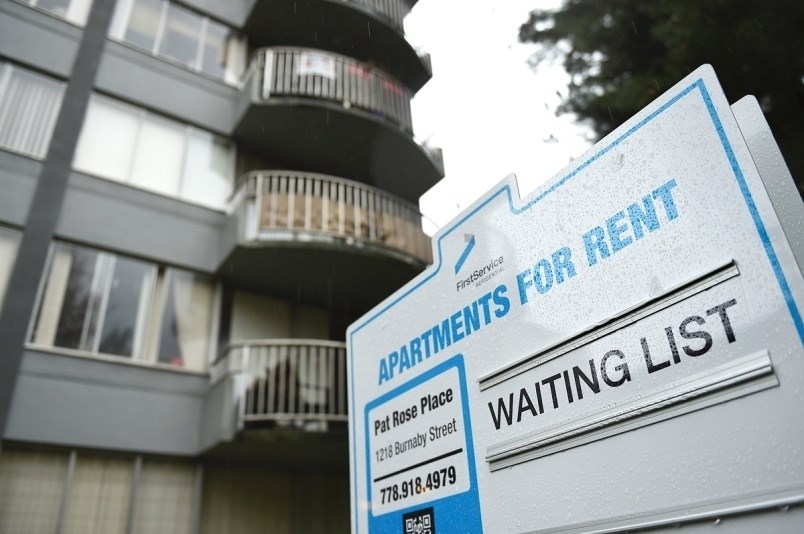I live on Burnaby Mountain, next to SFU, in the UniverCity community. This area was opened up to development years ago to offer more rental accommodations for students.
My partner and I were landlords for a while to some SFU students who had moved here from abroad and it was a good situation for all of us. We got some mortgage help and the students got a nice place to live that was close to the campus.
We don’t rent out rooms anymore, but we’re connected to some of the other landlords in the area and the COVID-19 pandemic left many of them scrambling as SFU went to online learning. Some renters don’t want to live so far up on a mountain, despite excellent transit service and little traffic and so some of them had trouble finding any takers.
Now things appear to be changing. SFU and other schools are eyeing a move to on-campus learning and we seem to be on the eve of the border reopening.
Some real estate professionals are now urging renters to get locked into a lease now before this happens because an influx of new arrivals, including a rush of students, is expected to tighten up the market as far as supply and prices skyrocketing as demand surges.
Burnaby is already heinously expensive when it comes to rents. The city came in ninth on the national list for average monthly rent in May for a one-bedroom home at $1,656 and third for average monthly rent for a two-bedroom at $2,189, according to one list. Year over year, average monthly rent for a one-bedroom in Burnaby is up 8.9% and up 6.5% for a two-bedroom.
"My advice to any renters that I know is get in now," said Terry Parkinson, an agent with Royal LePage Signature Realty. "Get a rental now before the border is open because you're going to have tons of competition."
The problem for some Burnaby renters is that some landlords don’t want to rent to people from Metro Vancouver.
“I won’t rent to locals,” one local landlord told me. “Students are focused on their studies and most don’t have time to cause any trouble. I did a temporary rental during the pandemic and it was a nightmare. So I’m going to wait for the students to return.”
This landlord wasn’t the only one to express this view. A different landlord cited another reason for preferring students.
“When they move out, I can raise the rent again depending on the market,” said the landlord, bluntly and without remorse.
At the height of the health crisis, rental prices plummeted as young Canadians moved back in with their families, took advantage of lower interest rates by purchasing a home or sought a place to stay that was further from a big city because their employer allowed them to work remotely.
But as many businesses welcome back customers and companies begin planning for a return to offices, prices are starting to creep back up.
While rents in many regions are still down significantly from last year's rates, Rentals.ca data released in June shows prices are heading upward again.
The average monthly price of a one-bedroom rental increased by 2.4 per cent in Vancouver to $1,981, almost one per cent in Toronto to $1,833.
It won't just be increasing prices Canadians are dealing with once people can enter the country again, agents said.
Competition will be back too because people will be moving to the country or back to city centres as the school year begins, they said.
"And there already isn't enough product on the market. There's a real shortage as far as affordability is concerned," said Bonnie Meisels, an agent with Keller Williams Urbain.
"The way things are going, things are only going to continue to increase."
That is really unfortunate to hear.
- With additional reporting by The Canadian Press
Follow Chris Campbell on Twitter @shinebox44.



